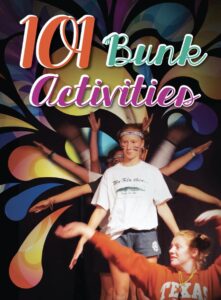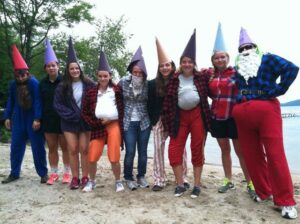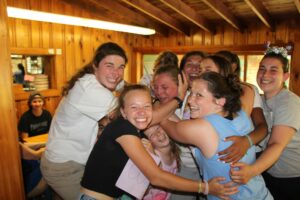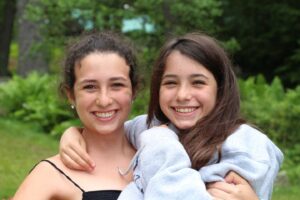
Here at Runoia, we like to describe ourselves as a down-to-earth family camp – and what’s more family-oriented than attending camp with your sibling? This past Sunday was National Sibling Day here in the states, and it got me thinking of camp siblings – both the magic of attending camp with a blood relative, and making unrelated #summersiblings along the way.
I personally know the feeling of camp years spent with my sister and the fun and strength it brought to our relationship and friendship. Camp was formative for both of us, and experiencing it together only amplified that. To be honest, my sister and I barely got along when we were younger as two very different people – but camp gave us a common ground that I believe we stand on as adults and best friends now.
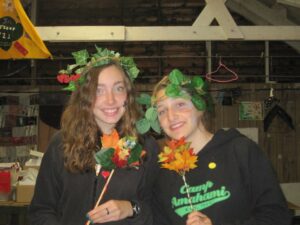
Runoia itself is no stranger to sibling pairs (including twins!), triples, and even quadruples each summer. Our daily structure allows siblings to connect at camp while remaining independent. Campers choose their own schedules to try new things and continue to build skills summer after summer, and in busy days, siblings may have spent their time in completely different activity areas. There is Runoia magic in the little moments when siblings can reconnect – staff member Emily Friedman reflects on this:
“I started coming to camp in 2014, and in 2016, my younger sister Izzy joined me. Coincidentally, 2016 happened to be my first year attending camp for all seven weeks, so Izzy and I both got to experience second session for the first time.
Having my sister at camp with me means having a little piece of familiarity in an otherwise new environment. It means leaning in for a quick hug before dinner, being able to help each other through homesickness, and of course, sharing some sibling rivalry when you accidentally tag up for an activity together! Izzy’s friends have all become my “camp little sisters”, and my Runoia friends have watched them all grow up. This summer will be our eighth and sixth summers respectively, and I will be returning as a staff member. Being able to watch her through a counselor’s eyes fills me with a sense of pride, and getting the rare chance to coach her in my activities is so incredibly rewarding. Both Friedman sisters are counting down the days until we will be back on Great Pond – together.”
Emily really said it all – but check out some benefits of attending camp with a sibling:
- Familiarity in a new space
- Having an additional support system
- Building traditions together
- Easing homesickness
- Strengthening a sibling bond
- Recollecting camp memories together during the year
- Building independence in the same community
We can’t wait to have the Friedman sisters back at camp this summer! Until then, we’ll be counting down the days with them.
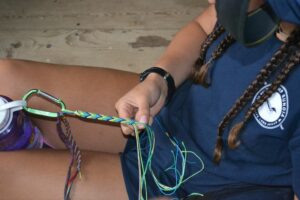
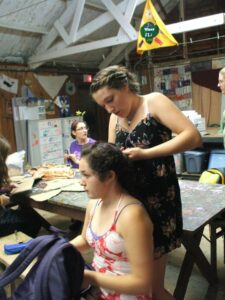 Normal, right? But it has shocked me how many adults have asked me how I know how to french braid – doesn’t everyone!? But I’ve realized that it was summers spent with “sisters” unrelated to me in braid trains by the lake that afforded me this skill – an experience not many people get to have, I’ve learned. Even as an adult at camp, two braids just can’t be beat for a long day on the waterfront!
Normal, right? But it has shocked me how many adults have asked me how I know how to french braid – doesn’t everyone!? But I’ve realized that it was summers spent with “sisters” unrelated to me in braid trains by the lake that afforded me this skill – an experience not many people get to have, I’ve learned. Even as an adult at camp, two braids just can’t be beat for a long day on the waterfront!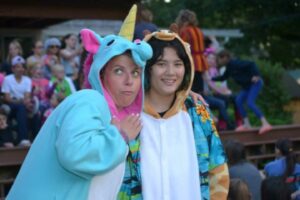
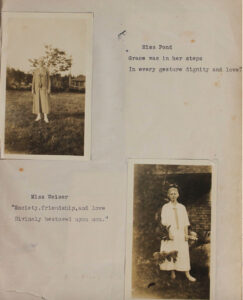
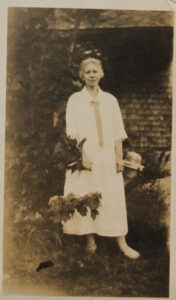
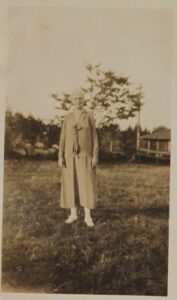
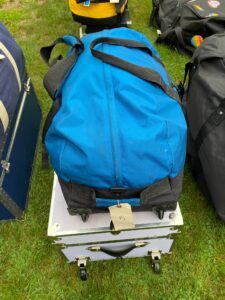
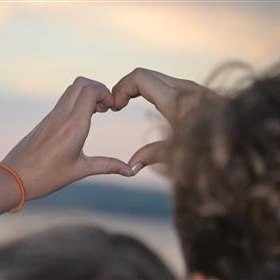
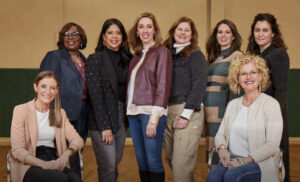

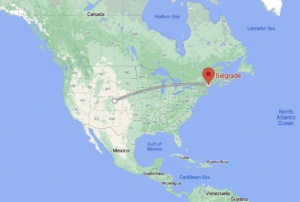
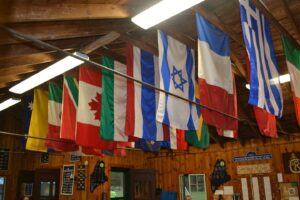
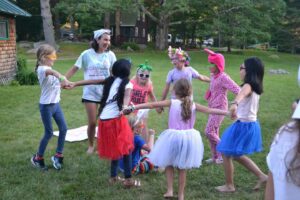
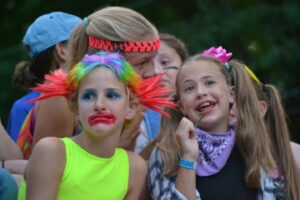
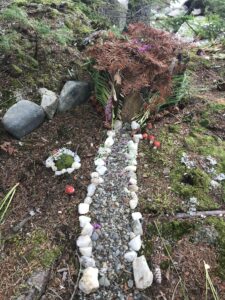
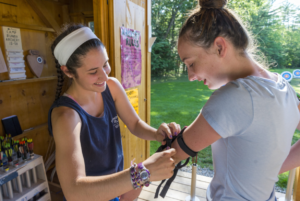 try new things, build our skills, and learn from new perspectives. Our campers understand the value and thrill (and, in all honesty, nervousness) of trying something brand new, and the bravery of attempting the next level. Many of our
try new things, build our skills, and learn from new perspectives. Our campers understand the value and thrill (and, in all honesty, nervousness) of trying something brand new, and the bravery of attempting the next level. Many of our 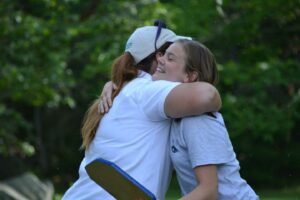
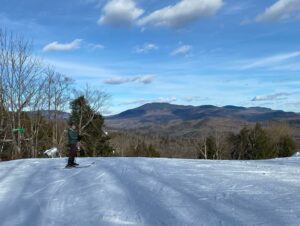 s every few hundred feet.” But a growth mindset tells Mackenzie that even after hard falls, she has the ability to learn and grow: “After big wipeouts that knocked the wind out of me I’d sit and catch my breath wishing I learned at the age of 3 like it seemed everyone else on the mountain had. After studying the way others moved, advice from friends who ski, and a beginners lesson, I learned new skills one at a time.” Mackenzie closed out our conversation with some serious growth-mindset attitude: “I continue to learn one step at a time and remind myself of the privilege it is to ski regardless of starting age. Now I know that there is truly no ‘mastering’ a skill because it can always get better from there.”
s every few hundred feet.” But a growth mindset tells Mackenzie that even after hard falls, she has the ability to learn and grow: “After big wipeouts that knocked the wind out of me I’d sit and catch my breath wishing I learned at the age of 3 like it seemed everyone else on the mountain had. After studying the way others moved, advice from friends who ski, and a beginners lesson, I learned new skills one at a time.” Mackenzie closed out our conversation with some serious growth-mindset attitude: “I continue to learn one step at a time and remind myself of the privilege it is to ski regardless of starting age. Now I know that there is truly no ‘mastering’ a skill because it can always get better from there.”